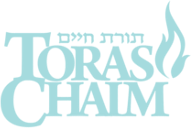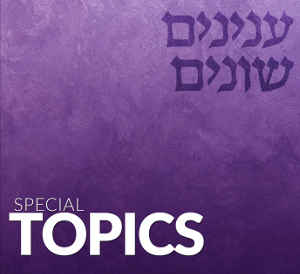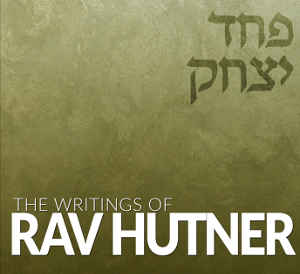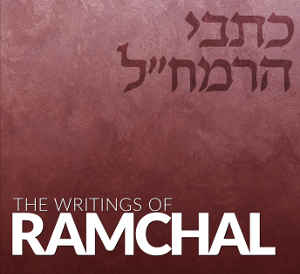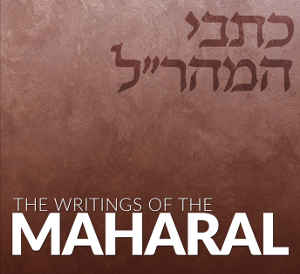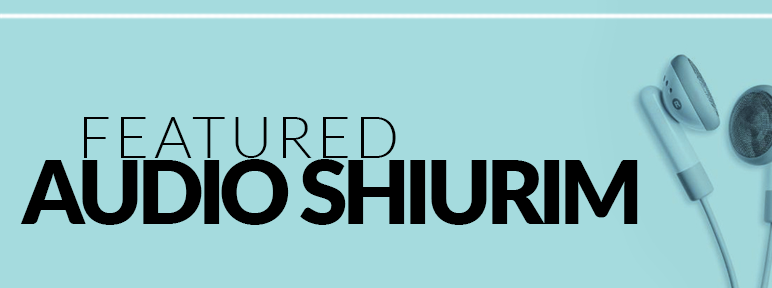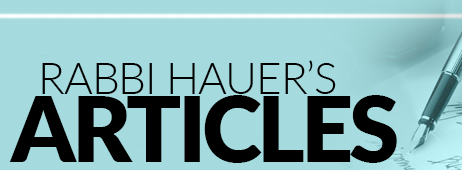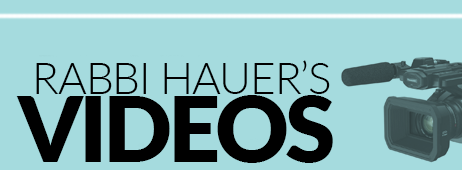
JOIN THE WHATSAPP GROUP!
Click here to receive Rabbi Hauer’s short & sweet Torah Thoughts
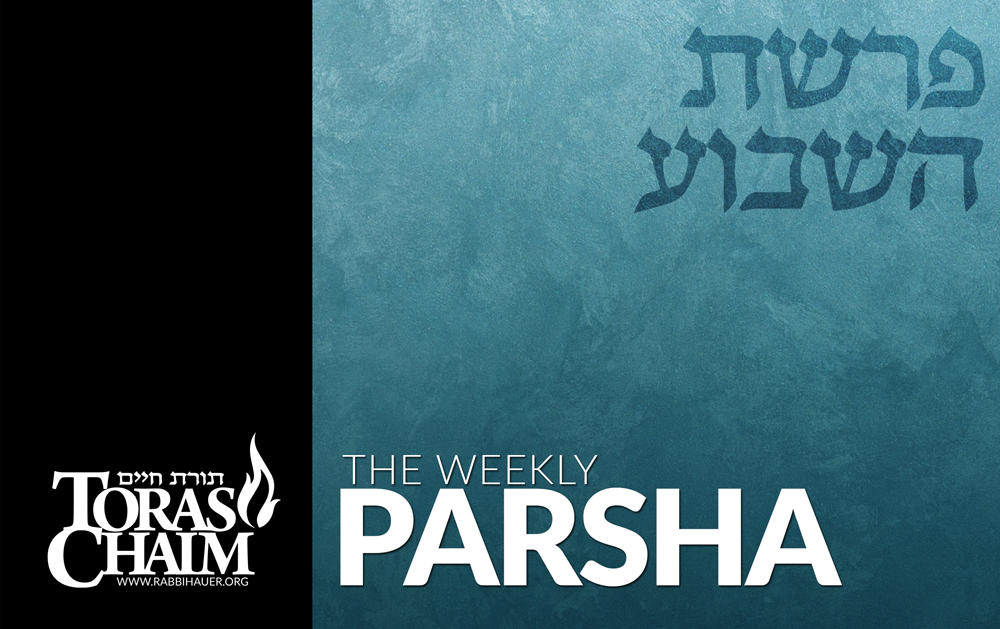
Length: 1 hour 1 minute

Length: 53 minutes

Length: 56 minutes

Length: 1 hour 1 minute

Length: 1 hour 1 minute

Length: 51 minutes
Yamim Noraim 5780- Uncovering the Heart
The period of the month of Elul and the Yamim Noraim, known as the High Holiday season, is a great gift, מן הטובות אשר הטיב הי"ת עם ברואיו. Each year we are afforded this opportunity to reflect and to reconnect, to spend weeks engaged with G-d and community on a...
Yamim Noraim 5779: Echad- One!
The period of the month of Elul and the Yamim Noraim, known as the High Holiday season, is a great gift, מן הטובות אשר הטיב השי”ת עם ברואיו. Each year we are afforded this opportunity to reflect and to reconnect, to spend weeks engaged with G-d and community on a...
Purim, Prayer and the 5:1 Ratio
When Adar enters joy increases. When Av enters joy decreases. What is it about these two months that causes joy to fluctuate? There is much discussion in the world of relationships about the ratio of criticism to praise. Marriage researcher John Gottman has found that...
Purim and Yom Kippur: A Concept and a Suggestion
The conflict of the Jewish people and Amalek – central to the story of Purim – is a continuation of the ongoing struggle between their forebears, Yaakov and Eisav. Yaakov and Eisav were twins, but whereas some twins are identical, these twins were opposites. Yaakov...
Chinuch : Cultivating a Work Ethic, Independence and Personality
Juggling Priorities
